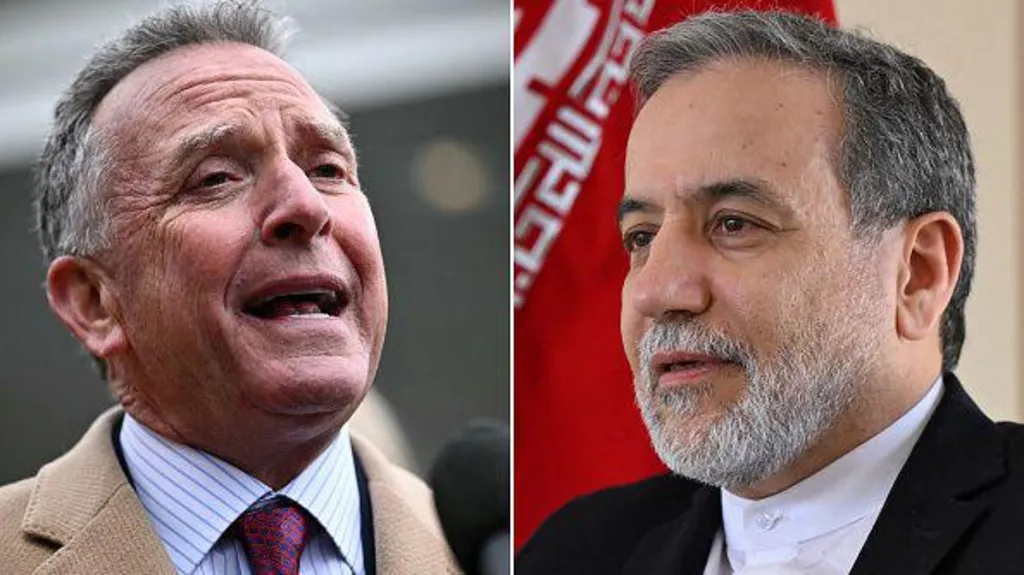Iran, US Wrap Up ‘Constructive’ Nuclear Talks in Oman, Agree to Continue Dialogue
Tehran, Iran – Iran and the United States have concluded a fresh round of indirect nuclear negotiations in Muscat, Oman, with both sides characterizing the discussions as “constructive” and committing to resume talks next week.
In a statement, Iran’s Ministry of Foreign Affairs said the talks, held on Saturday, took place in a “constructive atmosphere and based on mutual respect.” In a rare moment of informal engagement, chief negotiators briefly exchanged words in the presence of Omani Foreign Minister Badr bin Hamad al-Busaidi as they exited the venue—an uncommon gesture within the context of indirect negotiations.
Leading the Iranian delegation was Foreign Minister Abbas Araghchi, alongside senior diplomats Majid Takht-Ravanchi, Kazem Gharibabadi, and Foreign Ministry spokesperson Esmail Baghaei. The US team was led by Special Envoy Steve Witkoff.
The Omani foreign minister played a central role as mediator, relaying messages between the two delegations, who remained in separate rooms throughout the session.
The White House also released a statement reflecting optimism about the process. “These matters are complex, but today’s indirect engagement represented progress toward a shared goal,” it read. Both sides confirmed they will meet again the following Saturday.
While the Trump administration had pushed for direct, face-to-face dialogue, Iran has held firm in its preference for indirect engagement. Tehran also emphasized that the discussions are strictly limited to its nuclear program, ruling out any talks on its military posture or regional alliances.
According to sources cited by Al Jazeera’s diplomatic editor James Bays, both delegations were asked to prepare position papers detailing their key priorities and red lines in advance of the negotiations.
The talks unfold amid heightened geopolitical tensions. President Donald Trump, speaking aboard Air Force One en route to Florida, reiterated Washington’s red line: “I want Iran to be a prosperous and peaceful nation—but they must never possess a nuclear weapon.”
Echoing that sentiment, White House Press Secretary Karoline Leavitt issued a stark warning, saying, “There will be all hell to pay” if US demands are not met. Secretary of State Marco Rubio added, “Preventing Iran from acquiring a nuclear weapon remains non-negotiable—and that’s the purpose of these discussions.”











0 comments:
Post a Comment